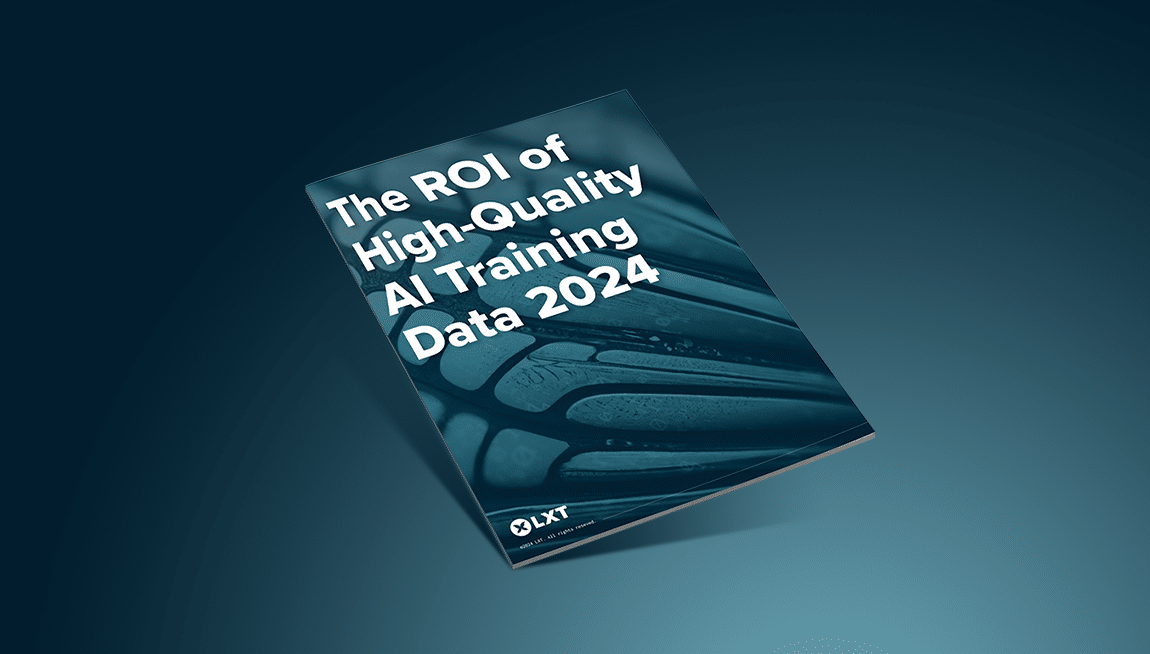With AI on the minds of business leaders around the world, organizations are racing to implement the technology and reap the benefits. This year as part of our Path to AI Maturity research, we found that 72% of companies consider themselves to be at the higher levels of AI maturity as defined by the Gartner AI Maturity Model. As part of our research, we asked survey participants to share one piece of advice that can help others succeed with AI. The responses ranged from how to set an AI strategy, to ethics, to data considerations.
Setting the strategy
With increasing pressure to drive growth while managing costs, AI can often be seen as a magic wand that can solve many business challenges. However, AI leaders recommend a more methodical approach to deploying AI. One survey respondent had this advice to share:
“Understand the problem you are looking to solve. Many people try to solve something that is too large and unachievable. Set realistic goals and work towards them”.
By successfully deploying low-hanging fruit use cases, the learnings can then be applied to tackle larger ones. Another AI practitioner explained, “I would suggest starting with limited scope pilots focused on a single use case rather than trying to deploy AI across the entire organization all at once.” Look for processes that are working well and can be further optimized with AI.
Deploying responsible AI
Another participant in our research study focused their advice on the ethical side of AI with this guidance:
“Develop a clear and comprehensive ethical framework for AI deployment. This framework should address issues such as fairness, transparency, accountability and impact of AI on various stakeholders.”
An important point is that this ethical framework should be developed early in the strategy formulation process and that these guidelines are established before deploying or scaling any AI solutions. The ethical framework should be a guiding principle in strategic decisions and AI deployments.
There are multiple components to the development of a strong ethical AI framework:
- Creating an AI ethics committee: this should be a group of diverse stakeholders who can bring a variety of perspectives to the conversation. This committee is responsible for setting the ethical guidelines, reviewing practices and handling ethical challenges that may arise.
- Applying the ethical framework: AI product and project managers are responsible for applying the guidelines in the day-to-day development and deployment of AI technologies throughout the product lifecycle.
- Ensuring compliance: Legal and Compliance departments ensure that the AI ethical framework complies with international, national and local regulations. This is an ongoing process that should be reviewed regularly in response to new technology developments, legal and compliance requirements, and practical experiences from AI implementation.
In the end, deploying responsible, ethical AI is key to building customer trust, and needs to have accountability across the organization.
The importance of data for successful AI
In a recent episode of our Speaking of AI podcast, guest and thought leader Jeff Winter stressed the importance of a data strategy to succeed with AI:
“Companies should have a clear data strategy before diving into AI…this means investing in the process of cleaning and organizing their data, because no matter how advanced the AI is, it can’t work its magic with messy data…The moment someone says that they have an AI strategy I go, great, can I see your data strategy?”
Several respondents in our survey shared a similar view, providing specific examples of what to think about in building this strategy:
- “Make sure the data you have is reliable, clear, and reflects the issue you are attempting to solve.”
- “Implement robust data governance policies to maintain data integrity, security and compliance. Establish protocols for data access, storage, sharing, and updating to ensure consistency and reliability.”
Another participant highlighted the connection between data and ethics: “Recognize and correct biases in the data that may affect AI results; this calls for thorough study, algorithms for detecting prejudice, and ethical considerations.”
Once the initial data pipeline is established, training datasets should be monitored and evaluated regularly for a range of factors including quality, data drift, relevance, privacy, ethical considerations and bias.
Putting it all together
In reviewing the collective advice shared by AI practitioners in the enterprise, setting a strong foundation for an AI program requires a holistic approach including the identification of realistic goals for where AI can be applied, a thorough data strategy to support the AI program, and an ethical framework to ensure that AI is deployed responsibly. For more insights into how enterprise organizations are deploying AI today, download our Path to AI Maturity 2024 report here.




